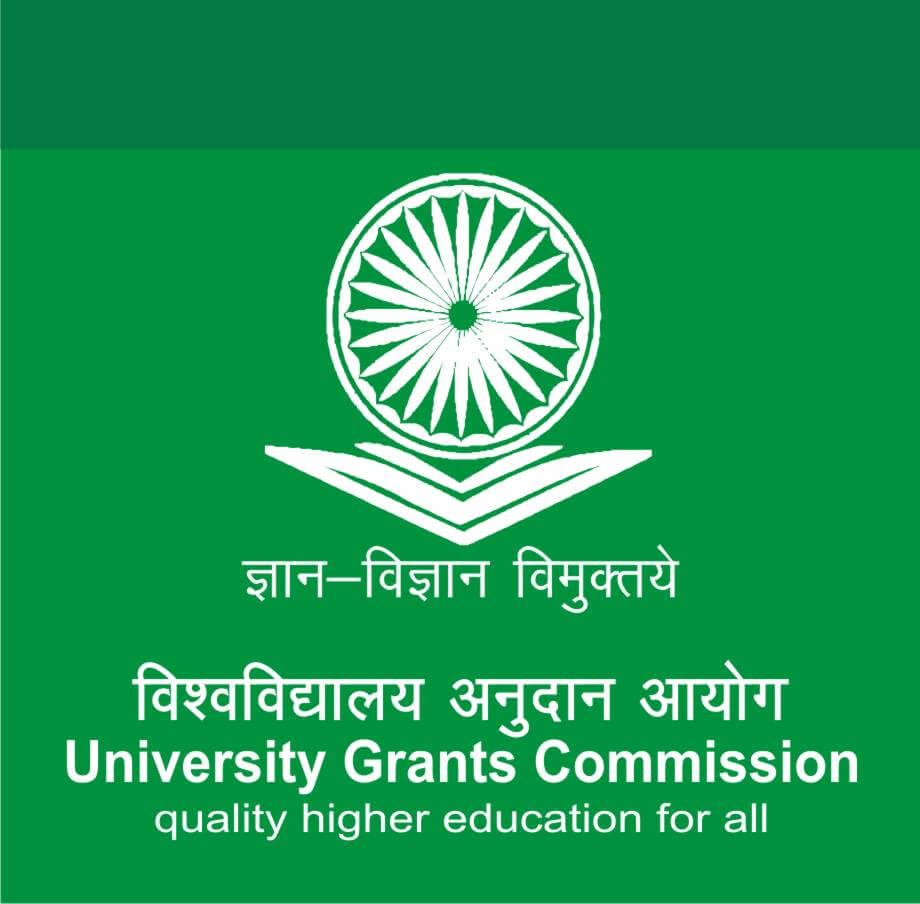INTERNATIONAL JOURNAL OF CREATIVE RESEARCH THOUGHTS - IJCRT (IJCRT.ORG)
International Peer Reviewed & Refereed Journals, Open Access Journal
IJCRT Peer-Reviewed (Refereed) Journal as Per New UGC Rules.
ISSN Approved Journal No: 2320-2882 | Impact factor: 7.97 | ESTD Year: 2013
Call For Paper - Volume 13 | Issue 10 | Month- October 2025
Scholarly open access journals, Peer-reviewed, and Refereed Journals, Impact factor 7.97 (Calculate by google scholar and Semantic Scholar | AI-Powered Research Tool) , Multidisciplinary, Monthly, Indexing in all major database & Metadata, Citation Generator, Digital Object Identifier(CrossRef DOI)
Contact Us Click Here
WhatsApp Contact Click Here
Published Paper Details:
Authors
Downlaod Center
Keywords
Abstract
IJCRT's Publication Details
Unique Identification Number - IJCRT24A5609
Paper ID - 261658
Author type - Indian Author
Page Number(s) - o140-o167
Pubished in - Volume 12 | Issue 5 | May 2024
DOI (Digital Object Identifier) -
No Of Downloads - 148
Author Country - India, 110023, New Delhi, New Delhi, 110023, Management All
Publisher Name - IJPUBLICATION | www.ijcrt.org | ISSN : 2320-2882
E-ISSN Number - 2320-2882
Published Paper PDF : - http://www.ijcrt.org/papers/IJCRT24A5609
Published Paper URL: : - http://ijcrt.org/viewfull.php?&p_id=IJCRT24A5609
Published Paper PDF Downlaod: - download.php?file=IJCRT24A5609
Download Your article
Cite this article
License
Article Preview
Research Papers, Survey Papers, Study Papers, Subjective Papers, Experimental Result Papers, Analysis Study Research Papers, Informative Article, Comparison Papers, Case Studies Papers, Review Papers, Comparative Studies, Dissertation Chapters, Research Proposals or Synopsis, Working Projects, New Innovation & Idea, Prototypes and Models and many More
Call For Paper
About IJCRT
The International Journal of Creative Research Thoughts (IJCRT) aims to explore advances in research pertaining to applied, theoretical and experimental Technological studies.
The goal is to promote scientific information interchange between researchers, developers, engineers, students, and practitioners working in and around the world.
IJCRT is Scholarly open access journals, Peer-reviewed, and Refereed Journals, Impact factor 7.97 (Calculate by google scholar and Semantic Scholar | AI-Powered Research Tool), Multidisciplinary, Monthly, Indexing in all major database & Metadata, Citation Generator, Digital Object Identifier(DOI)
The open access supports the rights of users to read, download, copy, distribute, print, search, or link to the full texts of these articles provided they are properly acknowledged and cited.
Indexing In Google Scholar, SSRN, ResearcherID-Publons,
Semantic Scholar | AI-Powered Research Tool, Microsoft Academic, Academia.edu, arXiv.org, Research Gate, CiteSeerX, ResearcherID Thomson Reuters, Mendeley : reference manager, DocStoc, ISSUU, Scribd, and many more
International Journal of Creative Research Thoughts (IJCRT)
ISSN: 2320-2882 | Impact Factor: 7.97 | Impact Factor: 7.97 and Monthly-Peer-reviewed, and Refereed Journals.
Open Access Processing Charges or Publication fees with free DOI : ₹1570 INR for Indian author & 59$ for foreign International author.
Refereed Journal, Peer Journal and Indexed Journal
Publication Issue Frequency : Monthly (12 issue Per Year Annually)
Journal Discipline and Subject : Multidisciplinary,Monthly,Multilanguage (Regional language supported) .
Publisher and Managed By : IJPUBLICATION (ijpublication.org).
Publication Supported Languages: Allow All Multiple Languages (Regional language supported).
Provide DOI and Hard copy of Certificate.
High impact factor and 50+ index database and Fast paper publication.
Nominal Fee for Professional Research Services, Low cost research journal.
Publication Guidelines : COPE Guidelines
Quick, Fast, automatic Speedy Review and publication Process
Notification of Review Result and publication - Within 02-03 Days.
Provide Free e-certificate to all author and DOI (Digital Object Identifiers) to All Paper.
Download all digital data from website anytime lifetime available.
Indexing of paper in all major online journal databases.
Low Publication Charge 1570 INR per single paper Publication with Maximum 5 Author for indian author & 59$ for foreign International author.
Paper Submission Till : 29 October 2025
Review Results (Acceptance/Rejection) Notification : Within 02-03 Days
Paper Publication Time : Paper Publish: Within 02-03 Days after submitting all the required documents.
Submit your Paper Submit your paper
Call For Paper (Volume 13 | Issue 10 | Month- October 2025)
Licence and Indexing
Indexing In Google Scholar, ResearcherID Thomson Reuters, Mendeley : reference manager, Academia.edu, arXiv.org, Research Gate, CiteSeerX, DocStoc, ISSUU, Scribd, and many more | High Impact Factor: 7.97 | Digital object identifier (DOI) and Hard Copy of certificate Provided.
Licence
Features
Impact Factor: 7.97 and ISSN approved. Impact Factor: 7.97 Calculated by google scholar Call For Paper (Volume 13 | Issue 10 | Month- October 2025) Quick, Fast, automatic Speedy Review Process Notification of Review Result - Within 02-03 Days. Publication of Paper - Within 02-03 Days.
Provide Free DOI(Digital Object Identifiers) to All Paper. Provide Hard copy of certificate based on request. Indexing of paper in all major online journal databases. SEO effective and Automated Metadata Citation Generator.
Open-Access peer reviewed International Journal Fully Automated and Secure https Website Author can Check Publication Process status online. EMail and SMS notification to the author for each Process stage. Paper and Soft Copy of "Certificate" Available life time on website.
Qualifed & Experience Reviewers from Well-known Institutes/Universities among the world. Social Media, Email and Call Support 24*7. Google Scholar, ResearcherID Thomson Reuters Indexing. Author Research Guidelines & Support.
Indexing Partners
October 2025
Volume 13 | Issue 10
Last Date :
31-Oct-2025
Submit Manuscript Online Impact Factor: 7.97 Review Results : Within 02-03 Days Paper Publication : Within 02-03 Days

ISSN: 2320-2882 Impact Factor: 7.97 and ISSN APPROVED Journal Starting Year (ESTD) : 2013

ISSN: 2320-2882 Impact Factor: 7.97 and ISSN APPROVED Journal Starting Year (ESTD) : 2013

CONFERENCE PROPOSAL CONFERENCE PROCEEDINGS








































































